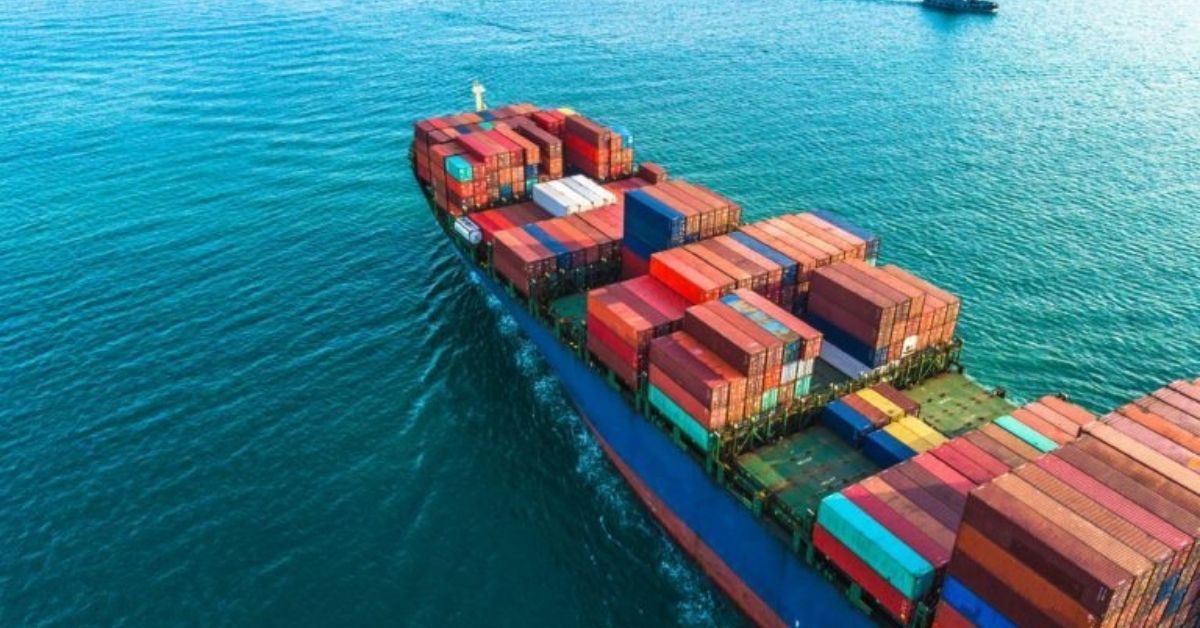Source: Business Standard
Last month, the finance ministry sent a letter to the RBI, Irdai, and the state-run export finance institution Exim Bank, urging these entities to closely monitor and address the issues flagged by exporters to the Ministry of Commerce and Industry regarding disruptions that could potentially drive up India’s export expenses, according to a report in The Economic Times (ET).
A government official said, “After our deliberations with the commerce ministry and other stakeholders, including exporters, it was decided that sectoral regulators will keep a watch and take necessary action, wherever possible.” The official added that banks have been briefed separately to factor in such hikes while sanctioning fresh credit limits to exporters and other businesses.
In February, financial services secretary Vivek Joshi said the government had asked state-run banks and insurers to deal with trade financing and insurance with sensitivity in view of the crisis.
A source quoted by the ET report said that they are already factoring in the increase in freight costs and insurance premiums while sanctioning new credit limits. “We are taking that into consideration,” he added.
According to the International Monetary Fund (IMF), in January and February this year, Suez Canal trade dropped by 50 per cent from a year earlier, while trade through the Panama Canal fell by 32 per cent, which disrupted supply chains and distorted key macroeconomic indicators.
According to officials, the Red Sea crisis has had minimal impact on India’s exports. Shipments from India remain unaffected as vessels transporting containers from the country have been rerouted through the Cape of Good Hope, ensuring uninterrupted trade flow.
The Houthis, who initially targeted ships associated with Israel, have expanded their attacks to vessels from nations supporting Israel. Consequently, major shipping firms are rerouting their ships from the Suez Canal to the Cape of Good Hope, leading to escalated freight and transportation costs. For instance, between the end of October last year and January this year, the Shanghai Containerised Freight Index (SCFI), a key indicator for global container trends, soared by more than 1,000 points.







